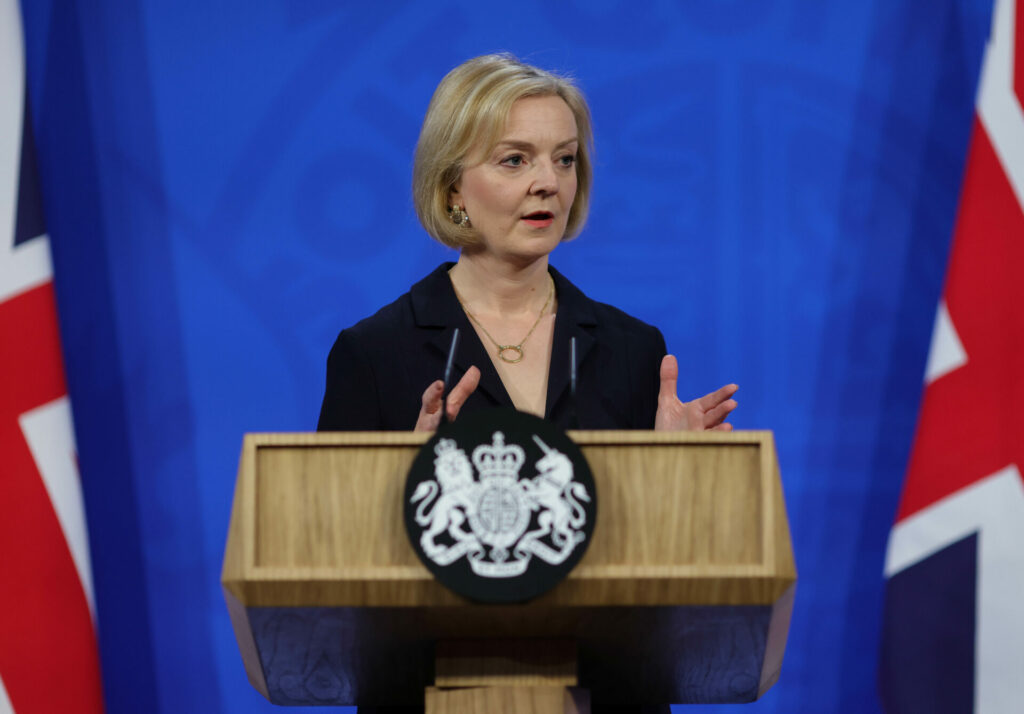British Prime Minister Liz Truss has announced that she is abandoning her plan not to raise corporate taxes, as had previously been planned in her mini-budget. It is a new turnaround in its economic package, “to reassure the markets.”
"Obviously, some parts of our mini-budget have moved too fast for what the markets expected,” Liz Truss said in a very brief press conference. She also stressed the importance of “stability” to the UK economy after she sacked her finance minister Kwasi Kwarteng on Friday afternoon.
The prime minister stated that she was chosen by her party to create a “low taxes, high wages and fast-growing economy” and “that mission remains.”
Related News
- Kwasi Kwarteng sacked as British Chancellor of the Exchequer
- Brexit 'divorce bill': UK still owes EU €41.8 billion
- British Government announces biggest tax cuts since 1988
Truss further underlined that she “will always act in the national interest,” adding that “we will weather this storm.”
Asked if she should step down, Truss claimed that she is “determined to persevere” with the aim of creating a stronger, growing and more prosperous United Kingdom.
“We have already realised the energy price guarantee so that people will not be faced with sky-high bills this winter. But precisely in view of the problems we had, I acted decisively to ensure economic stability, because that is vital for people and companies across the country,” Truss said.
A YouGov for British The Times newspaper on 6 October, showed support for opposition party Labour at 52%, while the Conservative Party is at 22%.

